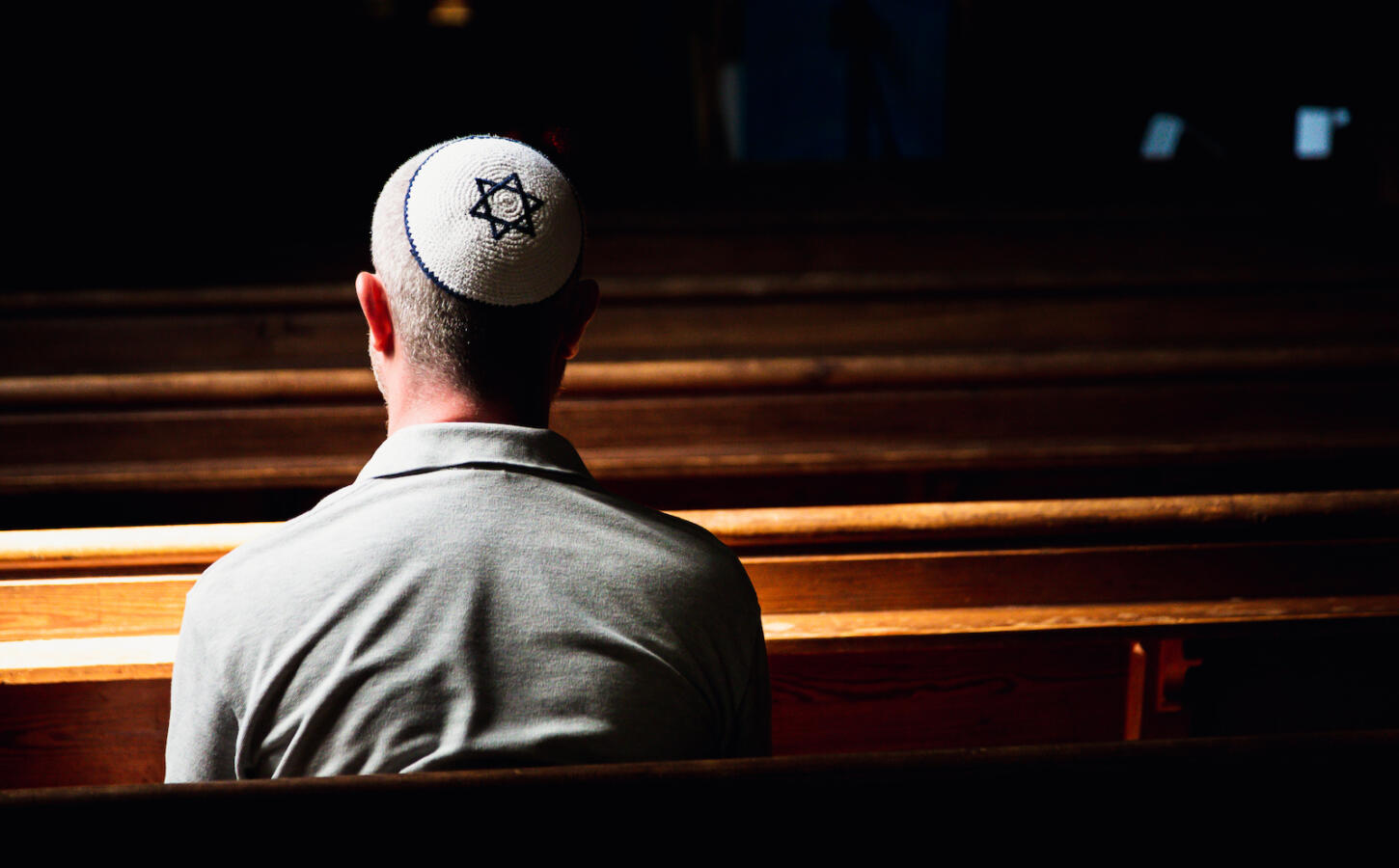Last week, I published an op-ed in the Wall Street Journal about prayer. Normally, prayer is a fairly non-controversial subject, but recently prayerful language has become increasingly divisive. Following the most recent school shooting in Uvalde, Texas, politicians from across the political spectrum offered their thoughts and prayers. Understandably, Americans ever tired of empty political platitudes responded with frustration and ire. F*** your thoughts and prayers, many responded, we want action. And of course, action is desperately needed.
But still, there remains a place for prayerful language. “[T]he presence of prayer preserves the urgency for action and has since America’s inception,” I wrote. I pointed out that in 1865, toward the end of the Civil War, Abraham Lincoln offered the following words in his second inaugural address: “Fondly do we hope, fervently do we pray — that this mighty scourge of war may speedily pass away.” I then observed:
Lincoln of course did not stop at prayer. A little over a month later he oversaw the Confederacy’s surrender to the Union army. But he couched the U.S. mission of victory in the language of prayer because those sorts of words transform a political cause into an existential need. Prayer is the language we use to express our most urgent and essential desires. I don’t pray for lower gas prices; I do pray for the end of school shootings …
It’s when we’re forced to our knees that we need the language of prayer most. Yes, we should emphatically call out the absence of action, but prayer and its attending seriousness are part and parcel with taking action. So, fondly do I continue to hope and fervently do I continue to pray that this mighty scourge of gun violence may speedily pass away.
Prayerful language is how we preserve and communicate urgency for our most essential needs. The question remains, however, whether such language can potentially hinder our commitment to action. Ostensibly, it’s reasonable to argue that the frustration surrounding such language is that it provides a specious salve that should otherwise be addressed with concrete action. The outrage then is not against prayer, but but against prayer that allows the cruel lack of action to perpetuate under the guise of prayer.
A dear friend, Yehudah Fogel, responded with a letter to the editor with the following biblical concern:
With your help, My Jewish Learning can provide endless opportunities for learning, connection and discovery.
I agree that prayer may be part and parcel of taking action, but it isn’t always. My discomfort as a person of faith with politicians offering “thoughts and prayers” in the wake of school shootings isn’t because I don’t value the potency of prayer, but rather because these statements are offered as a cheap palliative by those who should be effecting meaningful change … When the ancient Israelites were chased to the edge of the sea, it is not for nothing that God admonished Moses, “Why do you cry out to Me? Tell the Israelites to go forward.” The sea split when the Israelites marched forward, not when they prayed for a miracle to split the sea for them.
This presents another important perspective on prayer, admittedly not entirely reflected in my original point. God may not always want prayers when action is necessary. God practically tells Moses: Stop praying and start acting! Others pointed out an even more drastic articulation: God can be disgusted with certain prayers. As the verse in Isaiah states:
And when you lift up your hands,
I will turn My eyes away from you;
Though you pray at length,
I will not listen.
Your hands are stained with blood.
God does not want to hear the prayers of those who perpetuate bloodshed. So where does that leave us?
On the aforementioned story of the Jewish people crying out to God as they fled the Egyptians (Exodus 14:10), the great medieval commentator Rashi offers the following beautiful comment: “The Jewish people grabbed on to the professional expertise of their forefathers.” Prayer is described, so to speak, as the family business of the Jewish people. As a people, our prayers endure no matter the circumstances, no matter how dire the situation. The whispers of Jewish prayer continue even, as the Talmud describes, if a sword is resting on our necks.
Personally, I want the Jewish people to continue this instinctive sense of prayer. Even in response to political intractability, I think there is always room for the quiet whispers of comfort, hope and urgency.
I don’t begrudge anyone for finding such words in the political context empty, I just don’t want prayer to become the enemy. Inaction is the enemy. Perhaps this middle path — integrating both action and prayer — is best exemplified by Rabbi Abraham Joshua Heschel. In 1965, after returning from the civil rights marches in Selma he famously wrote:
For many of us the march from Selma to Montgomery was about protest and prayer. Legs are not lips and walking is not kneeling. And yet our legs uttered songs. Even without words, our march was worship. I felt my legs were praying.
What does it mean to pray with your feet? Heschel’s quote is based on an earlier phrase from Frederick Douglass, a former slave who later became a leader in the abolitionist movement. He reportedly said, “Praying for freedom never did me any good til I started praying with my feet.”
Our actions can bespeak the urgency of prayer and our prayers can be communicated through the concreteness of action. We can do both together. As we prayerfully act, and as we actively and concretely pray, we continue the enduring mission of the Jewish people: changing the world for the better, one step at a time.



